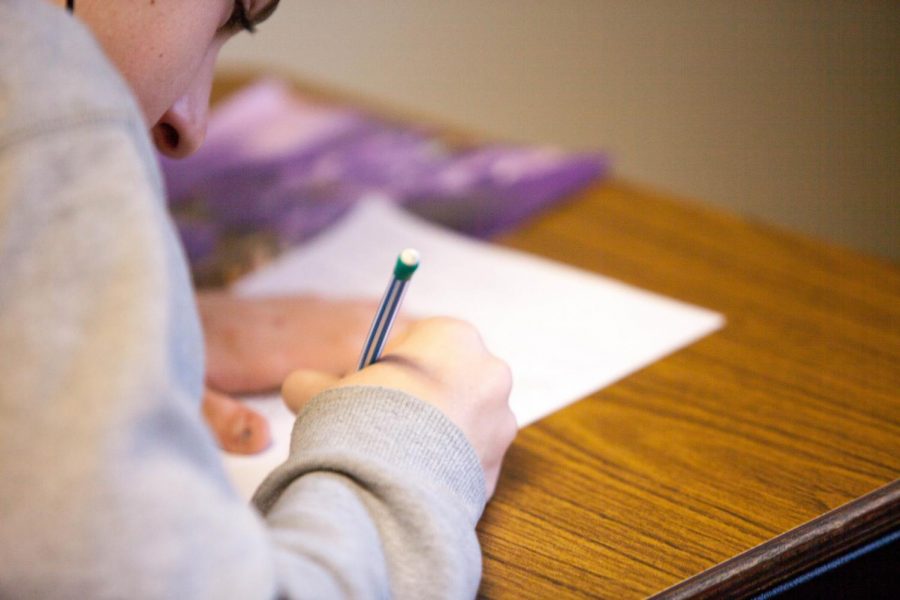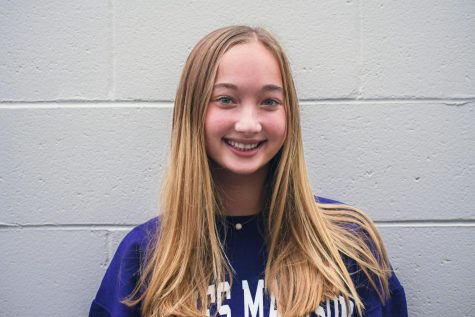Colleges waive testing requirements
UNSPLASH PHOTO COURTESY OF BEN MULLINS
Some colleges are not requiring testing amid COVID-19 pandemic. https://unsplash.com/license
June 12, 2020
Students across the country were still recovering from the shock of school closures in early March when, just days before its set date, the College Board cancelled the March 2020 SAT exam. Not long after, the organization announced the cancellations of the May and June tests as well.
“I was so mad when the March date was cancelled because I had been studying for it for a few months at that point,” said junior Lynne Walenjus of Wall. “I was definitely expecting that the May and June SAT dates were also going to be cancelled as everything started shutting down.”
Boston University made the decision to offer test-optional admission to the Class of 2021, however, weeks before the cancellation of the June exam. According to an article published by BU Today, the university recognized the unique situation that high school juniors were facing.
“We are responding to the shifting landscape, with juniors in high school not able to access testing, and we wanted to be flexible,” said Kelly Walter, Associate Vice President for Enrollment and Dean of Admissions.
CHS Guidance Counselor Melanie Sambataro believes that because some students will not be submitting any test scores, admissions counselors will have to adjust the way they read an application. SAT and ACT scores provided a way for colleges and universities to directly compare applicants.
“The move to test-optional for fall 2021 will allow us to add further weight to the important qualities and characteristics that focus more on the students’ academic and personal accomplishments,” Walter said.
Villanova University, similarly to Boston University, emphasized that the upcoming pool of applicants can still be properly evaluated without the submission of test scores. According to the university’s website, the school has “always believed that high school grades coupled with the rigor of the curriculum (in context of what is offered) is the greatest predictor of future academic performance at Villanova.”
While junior Brooke Stark of Manasquan is pleased that the effort she has put into leadership positions and extracurriculars will be thoroughly noted by admissions offices, junior Nate Riehl of Wall thinks the emphasis could harm his application.
“I don’t have as many extracurriculars or volunteer or leadership hours as some other students,” he said, “so if those become more important in test-optional applications, I think it’s going to hurt me.”
Still, Riehl recognizes that colleges and universities have no choice but to offer test-optional admission. “I don’t think it’s fair for colleges to discriminate based on when a student decided to take a test that was supposed to be offered year-round,” he said. “Students shouldn’t be penalized for… not foreseeing a pandemic.”
Sambataro maintains the importance for students to take a step back and reevaluate the stress that may be building during this unprecedented time.
“Try to avoid the ‘what ifs’ and focus on the factual information that comes through from schools,” she said. “I think it is good to remember that everyone across the country and even globally, is in the same situation.”





